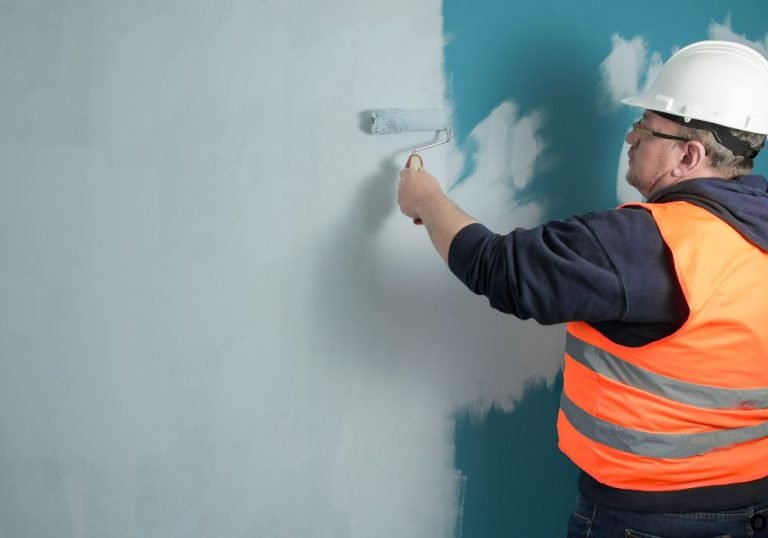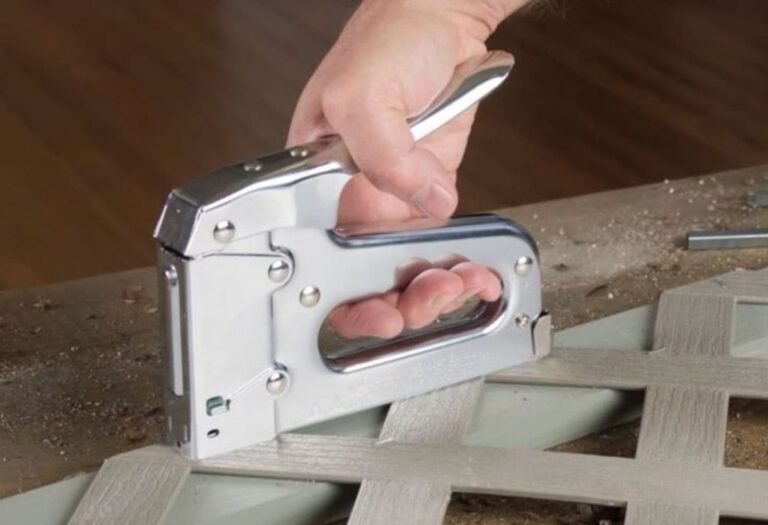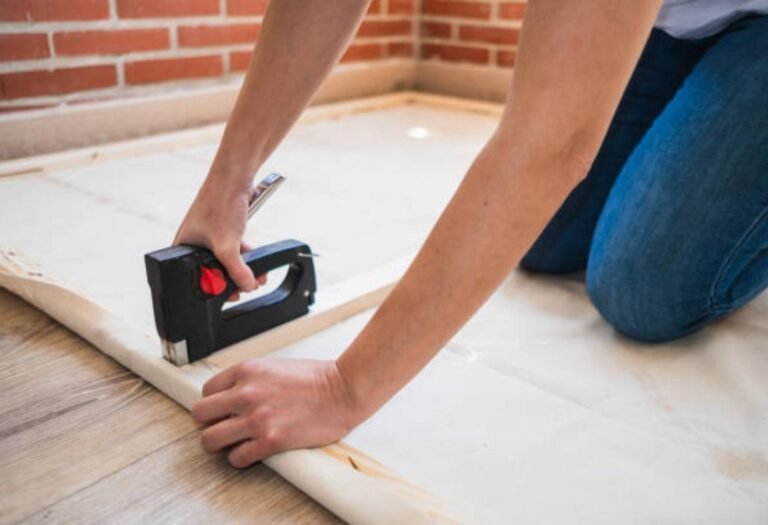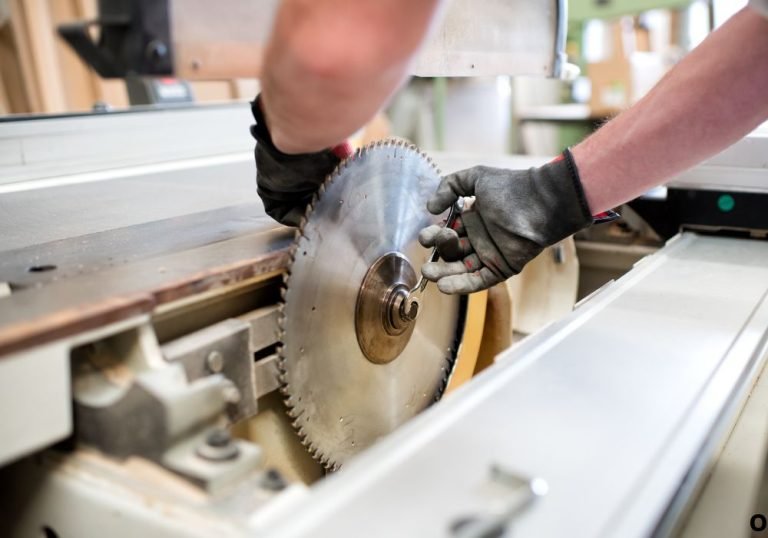Can I Rent a Stud Finder? Complete 2025 Guide
A homeowner about to mount a television or heavy shelf on the wall often faces the same dilemma: they don’t own a stud finder and aren’t sure if buying one is worth it.
The thought of spending money on a tool that might only be used once or twice leaves many wondering if renting is a smarter option.
Stud finders are not the type of tool that most people use every week, so the decision to rent versus buy is a practical question for occasional DIYers.
The rise of tool rental programs at major hardware stores has made it easier to access professional-grade devices without committing to a purchase.
According to Grand View Research, the global tool rental market is expected to surpass $65 billion by 2030, showing just how popular renting has become.
With more DIY homeowners and renters turning to short-term solutions, the availability of rental stud finders has increased in recent years.
This guide explores where you can rent a stud finder, how much it costs, what types are available, and whether renting or buying is the best choice for your project.
By the end, you’ll know exactly whether renting a stud finder is the right move for your needs.
Why People Consider Renting a Stud Finder
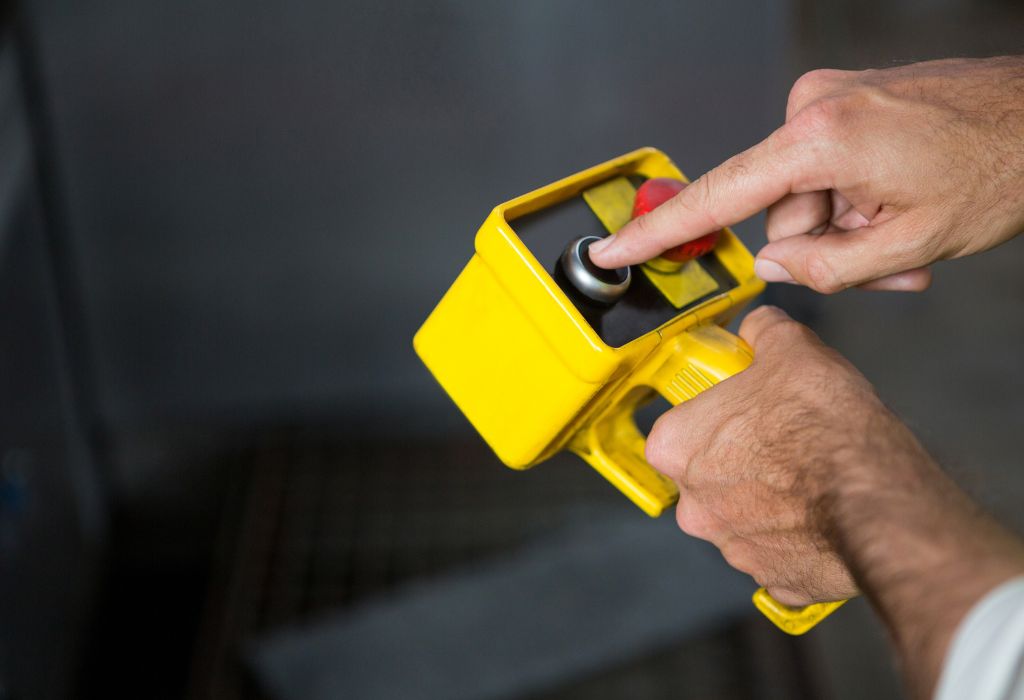
Most people don’t need a stud finder regularly, which makes renting an attractive option. A single project like mounting a TV or mirror might be the only reason to use it.
Renting saves money by avoiding the purchase of a tool that will otherwise sit unused. It also prevents storage clutter for those living in small apartments or houses.
Another reason people rent is to access higher-quality professional models. These are often more accurate than the cheaper stud finders sold in stores.
Finally, renting fits the larger trend of tool sharing, where homeowners prefer short-term access over long-term ownership. This makes stud finder rentals increasingly common.
Why rent instead of buy?
Because stud finders are rarely used.
Is it cheaper to rent a stud finder?
Yes, especially for one-time projects.
Do most people need it only once?
Yes, for mounting or home improvement tasks.
Does renting reduce clutter?
Yes, no need to store extra tools.
Are tool rentals popular for DIYers?
Yes, rentals are growing every year.
Where Can You Rent a Stud Finder?
Major hardware stores like Home Depot, Lowe’s, and Menards often include stud finders in their rental programs. These stores make the process simple with daily or weekly rental options.
Local tool rental shops are another resource. Many carry stud finders as part of their inventory for homeowners and contractors.
Some communities have tool libraries that let residents borrow equipment for free. These programs are growing in popularity across North America.
Online platforms are also entering the rental market, offering home delivery and pickup of rented tools. Availability varies by region, but it’s an option worth checking.
Does Home Depot rent stud finders?
Yes, through their tool rental program.
Can I get one at Lowe’s?
Yes, many Lowe’s locations rent them.
Do small rental shops carry them?
Yes, check local tool rental businesses.
Are libraries a free option?
Yes, tool libraries often lend them.
Can stud finders be rented online?
Yes, but it depends on your location.
Cost of Renting a Stud Finder
The cost of renting a stud finder is generally affordable, ranging between $5 and $20 per day depending on the model and store. Weekly rentals may offer better value if your project takes longer.
Some hardware stores require a refundable deposit to protect against damage. Always ask about this before renting to avoid surprises.
When comparing costs, buying a basic magnetic stud finder may be cheaper if you expect to use it multiple times. However, renting allows access to advanced electronic models at a fraction of the cost.
Ultimately, the cost decision depends on how often you plan to use the tool. One-time users almost always benefit from renting.
How much does it cost to rent a stud finder?
Usually between $5 and $20 per day.
Are weekly rentals cheaper?
Yes, weekly rates reduce per-day costs.
Do I need to pay a deposit?
Sometimes, depending on the store.
Is renting cheaper than buying?
Yes, if you only need it once.
Do tool rental memberships exist?
Yes, some stores offer rental programs.
Types of Stud Finders Available for Rent
Magnetic stud finders are rarely offered for rent because they are inexpensive to buy. Most rental programs focus on electronic stud finders.
Electronic stud finders use sensors to detect density changes in walls. Many include additional features like deep scan and live wire detection.
Advanced wall scanners are also available at some rental stores. These professional tools can detect pipes, wires, and multiple stud types.
Contractors and serious DIYers often prefer renting advanced wall scanners instead of buying, since they provide much more reliable readings.
What type of stud finder can I rent?
Most stores rent electronic models.
Do rentals include electronic models?
Yes, they are the most common.
Are magnetic stud finders rentable?
Rarely, since they are cheap to buy.
Do wall scanners detect wires too?
Yes, advanced models include this feature.
Can pros rent heavy-duty models?
Yes, professional wall scanners are rentable.
Renting vs Buying a Stud Finder
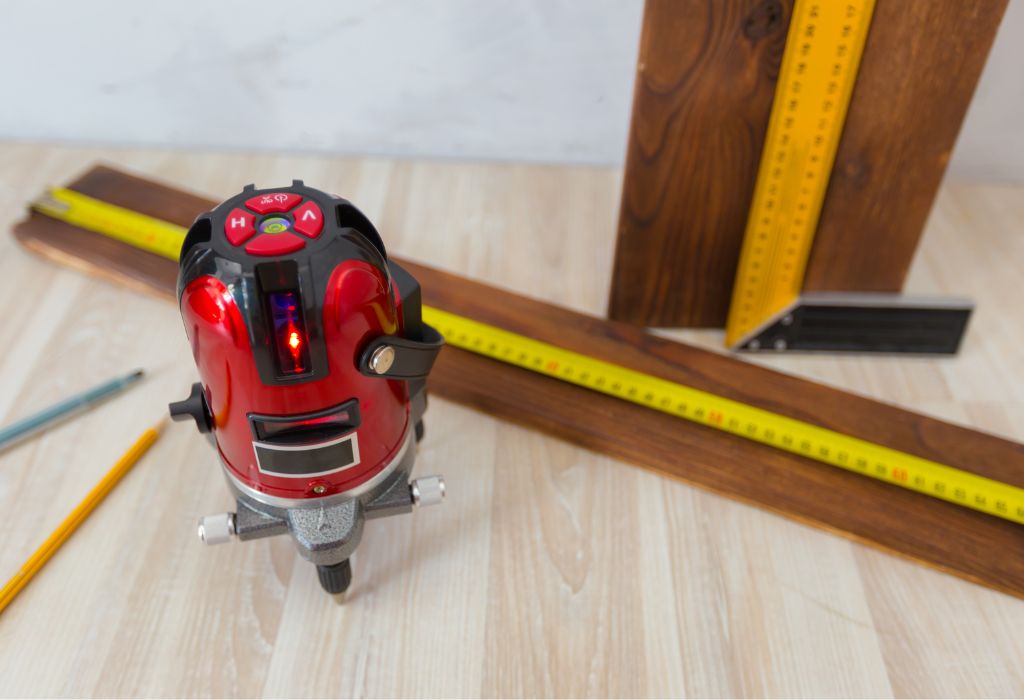
Renting is cost-effective for homeowners who only need a stud finder for one project. It provides access to high-quality models at low prices.
Buying makes sense for frequent users, especially those who hang shelves, mount TVs, or complete multiple DIY projects per year. A basic stud finder costs less than $20 to purchase.
Electronic stud finders with more features range from $40 to $70, which can be worthwhile if you expect repeated use. Rental costs add up over time, making ownership more economical for long-term DIYers.
The decision ultimately depends on how often you anticipate needing the tool. Occasional users benefit from renting, while frequent users should consider buying.
Is it better to rent or buy?
Rent for occasional use, buy for frequent use.
How often will I use a stud finder?
Likely once or twice per year.
Are cheap models worth buying?
Yes, for simple drywall projects.
Do rentals give access to better tools?
Yes, they often provide pro-grade models.
Does owning save time long-term?
Yes, since no rental trips are required.
Alternatives to Renting a Stud Finder
One option is borrowing from a friend or neighbor. Many people already own basic stud finders and are willing to lend them.
Another method is measuring standard stud spacing, which is usually 16 or 24 inches apart. This can help approximate stud locations.
Electrical outlets and switches are often attached to studs. By locating them, you can trace the stud line upward or downward.
Tapping walls to listen for hollow versus solid sounds can sometimes work, though it is less reliable. Smartphone apps that claim to detect studs also exist, but accuracy is questionable.
Can I borrow instead of renting?
Yes, borrowing is often free.
How to find studs without a stud finder?
Use spacing measurements and outlets as guides.
Do outlets help locate studs?
Yes, they are mounted to studs.
Is tapping reliable?
Not very, but it can help.
Do phone apps really work?
Some claim to, but accuracy varies.
Safety and Accuracy Considerations
Rental stud finders are often professional-grade models, which improves accuracy. These devices can detect multiple materials, reducing guesswork.
Electronic stud finders with live wire detection add an extra layer of safety. They help prevent accidental drilling into electrical wiring.
Cheap stud finders may give false positives or miss studs entirely. This is one reason renting professional models can be advantageous.
Always calibrate the device before scanning. Proper use ensures the best results and prevents mistakes.
Are rental stud finders accurate?
Yes, they are usually high-quality.
Do rentals include calibration instructions?
Yes, stores often provide manuals.
Can stud finders detect wires?
Yes, advanced ones include this feature.
Are professional models safer?
Yes, they reduce drilling risks.
Do cheap models miss studs?
Yes, especially on thicker walls.
Best Practices When Renting Tools
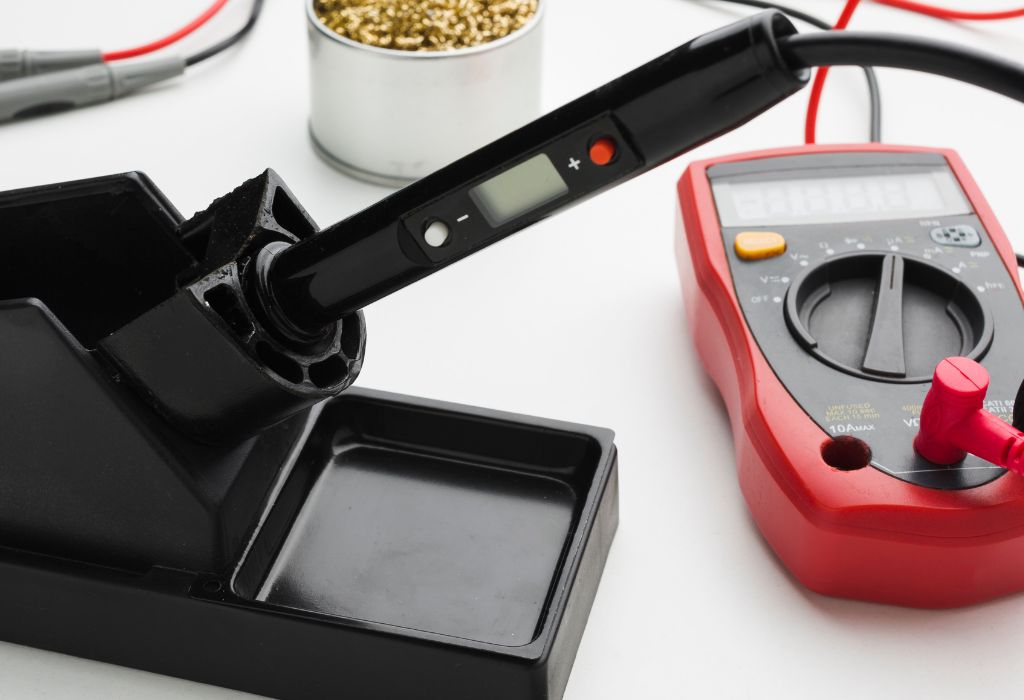
Inspect the stud finder before leaving the rental store. Check for cracks, weak batteries, or damaged sensors.
Ask for a demonstration if you’re not sure how to use it. Many stores provide basic training or instructions.
Return tools clean and on time to avoid extra fees. Keeping equipment in good condition ensures smooth rental experiences in the future.
Consider renting multiple tools for one project. For example, a drill and stud finder together can save time and money.
Should I test the stud finder before renting?
Yes, to confirm it works properly.
Do stores show how it works?
Yes, most provide guidance.
Do I pay fees for late returns?
Yes, late fees are common.
Can I rent multiple tools together?
Yes, bundle rentals for savings.
Are rented tools maintained by stores?
Yes, they are inspected regularly.
Conclusion
Yes, you can rent a stud finder from many hardware stores, local tool shops, or even tool libraries. Renting is an affordable way to get professional-quality tools without buying.
Costs are low, and the convenience is high for occasional DIYers. However, frequent users should consider buying a stud finder for long-term savings.
Alternatives like borrowing or using measurement methods can also work, though they are less accurate. Safety and accuracy are best achieved with electronic stud finders, especially rentals.
Final advice: if you only need a stud finder once or twice, renting is the smarter option. If you plan to use it regularly, buy a quality one and keep it handy for future projects.

I’m Michael R. Turner, the founder, lead writer, and passionate DIY enthusiast behind 101diytools.com. With years of hands-on experience in home improvement and power tools, I built this platform to share practical tips, in-depth guides, and honest reviews to help DIYers of all skill levels tackle projects with confidence and the right tools.

